Since the early days of the modern hemp market, delta-8-tetrahydrocannabinol (delta 8 THC) has been a staple for consumers. It was the driving force behind psychoactive hemp’s market explosion.
The popularity of delta 8 THC has only increased over the years. Delta 8 products, including D8 carts and D8 disposables, are among the most profitable and widely available. Delta 8 revolutionized cannabis products by taking them outside the walls of marijuana dispensaries and making cannabis available to almost everyone.
However, despite the hype, delta 8 THC isn’t the perfect cannabinoid—nor is it the only effective alternative to marijuana. You never know for sure whether a certain cannabinoid will suit you until you try it. But there’s a lot you can learn before you do, so you have a good idea of whether it’s going to be right for you. Let’s talk about delta 8.
What is delta 8 THC?
You can’t navigate the hemp market without encountering delta 8 THC. Dubbed delta 6 THC before a shift in naming conventions, delta 8 was identified and partially synthesized by Roger Adams in the early 1940s. Its first full synthesis occurred in 1965. Although chemists have been familiar with delta 8 for several decades, it wasn’t brought to consumers until the end of the 2010s.
As an isomer of delta 9 THC, delta 8 has an identical chemical formula: C21H30O2. They share all the same components, just with a slightly different molecular arrangement. Delta 9 THC has a double bond on its ninth carbon chain, while delta 8’s double bond is located on the eighth. That’s where the “delta 8” name comes from.
The structural difference is subtle, but it’s enough to dampen the cannabinoid’s psychoactive effects compared to delta 9. The structure also appears to aid with stability. Delta 8 THC is likely more chemically stable than its OG sibling and may have a better shelf life with superior resistance to oxidation.
How is delta 8 THC made?
Delta 8 THC is a trace cannabinoid, found only in small quantities in hemp and marijuana plants. Since it’s too scarce to extract directly from hemp in a cost-effective way, manufacturers instead convert it from naturally-extracted CBD.
Heat, chemical catalysts, and some finesse in a lab are all that’s required to convert hemp-derived CBD into delta 8 THC. The delta 8 gummy, cart, or any commercial product you’re consuming contains this lab-made form of the cannabinoid.
Does delta 8 THC get you high?
Delta 8 THC absolutely will get you high. Effects can last for up to eight hours. Certain modes of consumption, such as vaping, will cause shorter-term highs.
Is the high produced by delta 8 THC indistinguishable from delta 9? Not typically, but it depends on the consumer. Delta 8 THC is commonly thought to be about half as potent as delta 9 THC. You’ll get high after ingesting delta 8 products, but the euphoria will be lighter than with delta 9, and you’ll remain more alert.
Delta 8 triggers a “clear high,” meaning you probably aren’t going to feel as weighed down by the effects. It depends on your dose and tolerance, but many users can complete chores or basic tasks after consuming delta 8 THC. In contrast, delta 9 THC highs are more likely to cause lethargy and couch lock.
It’s not just a matter of potency. The high itself is unique, and delta 8 isn’t simply a less potent THC. It’s a great option if you’re looking for a mild rush, but want to stay productive and focused. Large doses can still be disorienting. Some users may find delta 8 and delta 9 more alike than others—especially those with limited delta 9 experience.
What are the benefits of delta 8 THC?
It’s no secret that most delta 8 THC users vape or ingest it intending to get high. While this is usually the goal, delta 8 could offer therapeutic benefits too.
Consumption of delta 8 may prevent or reduce:
- Nausea and vomiting: In a study of eight pediatric cancer patients, delta 8 prevented vomiting altogether.
- Pain and inflammation: Topical delta 8 THC was found to reduce corneal pain and inflammation in mice.
There hasn’t been much research on how humans react to delta 8, so these effects are still speculative rather than proven.
Does delta 8 THC have side effects?
Any cannabinoid, intoxicating or otherwise, can cause side effects. Delta 8 THC is no exception, and the side effects list will sound pretty familiar to users of other cannabinoids.
Most scientific evidence and anecdotal accounts suggest that delta 8 has milder side effects than regular THC. The potency is cut in half, but the adverse reactions may be too. However, we don’t yet know for sure.
Like delta 9 THC, delta 8 consumption can cause:
- Dry eyes and mouth
- Drowsiness
- Lack of coordination
- Dizziness
- Increased heart rate
While the effects listed above are common, it’s possible that some delta 8 users could experience more serious side effects, including paranoia, hallucinations, or even vomiting. If you experience these reactions, cease use immediately.
To minimize your risk of serious adverse effects, start with a small dose of delta 8 and see how you react before consuming more. Taking a large dose right off the bat gives side effects more room to worsen.
Is delta 8 THC safe?
The safety of delta 8 THC probably varies between individual products. While the cannabinoid itself appears to be safe for consumption, manufacturers play a prominent role.
Hemp is an unregulated industry in the United States. Although we’ve seen an increase in trusted retailers with transparent safety testing, shadier sellers are still out there.
For the best chance of buying a safe product, check for a certificate of analysis (COA). This document will give you a detailed overview of the contents; it also confirms that the product is free of fillers or contaminants. Without a COA, you’re taking the company’s word for it. Third-party testing isn’t legally required, but it’s a must for smart consumers.
The conversion of CBD into delta 8 THC may pose some risks, although again, these shouldn’t be a concern if you’re buying from the right sellers. It’s possible to generate chemical reactants or unlisted cannabinoids during unsafe production processes.
Untrustworthy sellers may even save on production costs by using dangerous fillers like vitamin E acetate to dilute their delta 8 distillates or vape oils. Vaping vitamin E acetate could lead to serious, permanent lung damage or even death. Buying untested delta 8 THC can save you a few dollars, but it’s not worth the long-term health risks.
What’s the difference between delta 8 and delta 9?
Delta 8 THC and delta 9 THC may share a handful of characteristics, but one truly sets them apart: legality. This is plain to see in the United States.
Both delta 8 and delta 9 THC are:
- Psychoactive: You’ll get high after consuming either substance, although the type and intensity differ.
- Available in several forms: Cannabis sellers don’t limit themselves to one kind of product. Both delta 8 and delta 9 are available as vape carts, disposables, edibles, tinctures, flower, and even topicals.
- Naturally derived: There’s a small caveat here. While Delta 8 and delta 9 are both produced naturally by the cannabis plant, commercial delta 8 THC is created in a lab from hemp-derived CBD using heat, solvents, or pressure. Commercial delta 9 THC, however, is extracted directly from marijuana plants.
So, which is superior? Neither. It all depends on the experience you’re seeking. If you want a gentler high, go with delta 8 THC.
Legality is the key difference between the two cannabinoids. Delta 8 products are federally legal in the United States, while delta 9 THC and marijuana are Schedule I controlled substances. Marijuana can only be legally purchased through a dispensary in a legal state, while delta 8 is available online or from smoke and head shops in much of the country.
What’s the difference between delta 8 and delta 10?
Delta 10 THC is an even more recent addition to the menu of commercial hemp-derived cannabinoids. Its emergence was due, at least in part, to the hype around delta 8.
Both delta 10 and delta 8 are minor cannabinoids. They’re both produced naturally, but in quantities insufficient for extraction. Consumption of either will get you high.
With delta 10 THC being so new to the market, it’s not completely clear how the effects differ from delta 8. That’s a major difference in and of itself: delta 8 has limited research to its name, while delta 10 has basically nothing. The vast majority of our knowledge is based on user anecdotes and marketing, but those can be misleading.
Delta 10 THC is said to be weaker than delta 8. Intensity and experience come down to the user, however.
Is delta 8 THC legal?
At this point in the hemp saga, the question is less about whether delta 8 is legal, and more about why it’s legal.
It all began with the 2018 Farm Bill, which legalized all “derivatives, extracts and cannabinoids” contained in the hemp plant. While lawmakers may have known little about the full range of hemp cannabinoids, it didn’t take long for enterprising businesses to figure out the psychoactive options. The bill allows naturally-derived hemp cannabinoids to enter the commercial marketplace, so long as products contain less than 0.3% delta 9 THC by weight.
While the legality of delta 8 THC under the provisions of the Farm Bill was at first disputed by some, in 2022, the Ninth U.S. Circuit Court of Appeals ruled that delta 8 is indeed a legal hemp product, protected by the law. As long as delta 8 exists naturally in hemp, and its commercial form is sourced from legal, hemp-derived CBD, it’s legal under the current Farm Bill.
However, the Farm Bill does not prevent states from passing laws restricting or banning delta 8 sales—and several have. Be sure to check your state laws before placing an order.
Does delta 8 show up on a drug test?
If you have delta 8 in your system, you probably won’t pass a drug test.
Delta 8 THC isn’t a workaround if you’re looking to breeze through a drug screening. It doesn’t matter whether you use psychoactive hemp or smoke a classic joint. Either way, the cannabinoids are processed identically, and your liver produces the same metabolites. Delta 8 metabolites do show up on drug tests, just like delta 9 ones do.
All evidence suggests delta 8 THC converts into 11-nor-9-carboxy-THC, also known as THC-COOH. This is the substance drug tests look for. The raw form of any cannabinoid doesn’t stick around for long, but metabolites can linger in fat cells for several weeks, maybe as long as three months. It depends on the frequency of use and how long you’ve kept up that routine.
In general, abstain from delta 8 THC (and all cannabinoids) for at least a month before a drug screening. Chronic, long-term users may require up to three months before their systems are clear enough to pass a test.
Where is delta 8 available?
Delta 8 products are easily the most accessible of all psychoactive hemp. All varieties of delta 8 products are available online, from vapes to delta 8 tinctures and topicals. They’re simple to acquire, and it’s only gotten easier as delta 8 popularity has grown.
Before making a delta 8 purchase of any kind, ensure that there’s a COA and take a good look at it. You can generally find links to COAs in a site’s header or sidebar. Certain product listings will include a link in the product description. Other times, you’ll need to sort through a list of documents before finding the right one.
In-person delta 8 purchases are a bit of a minefield, but only if you’re stopping by the first shop you find on a street corner. Find a vape or head shop that you trust and only buy brands you’ve already researched. Shop representatives can answer questions and help guide you toward suitable products.
President Trump promised during his election campaign to “save vaping," but his administration has undermined that goal at every turn.
The U.S. disposable vape market has grown to $2 billion in annual sales, although nearly none of the products are authorized by the FDA.
More than 30 bills that would impose severe restrictions vaping consumers’ product choices remain active in U.S. state legislatures.
The Freemax REXA PRO and REXA SMART are highly advanced pod vapes, offering seemingly endless features, beautiful touchscreens, and new DUOMAX pods.
The OXVA XLIM Pro 2 DNA is powered by a custom-made Evolv DNA chipset, offering a Replay function and dry hit protection. Read our review to find out more.
The SKE Bar is a 2 mL replaceable pod vape with a 500 mAh battery, a 1.2-ohm mesh coil, and 35 flavors to choose from in 2% nicotine.

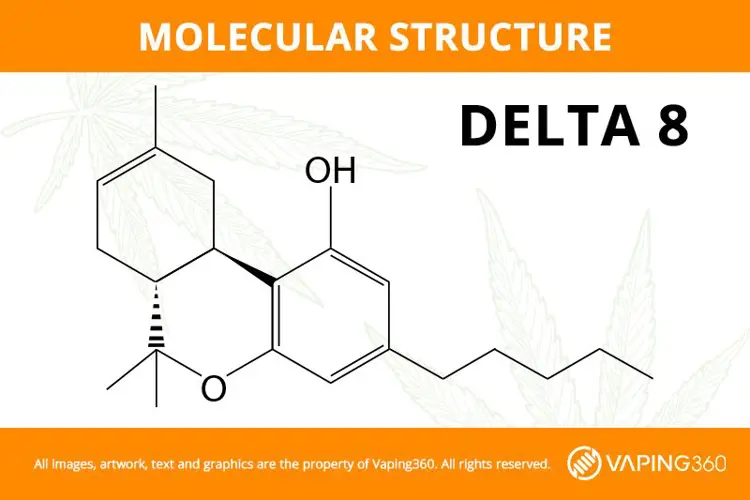
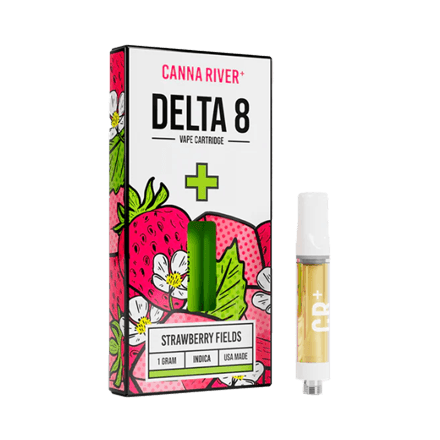

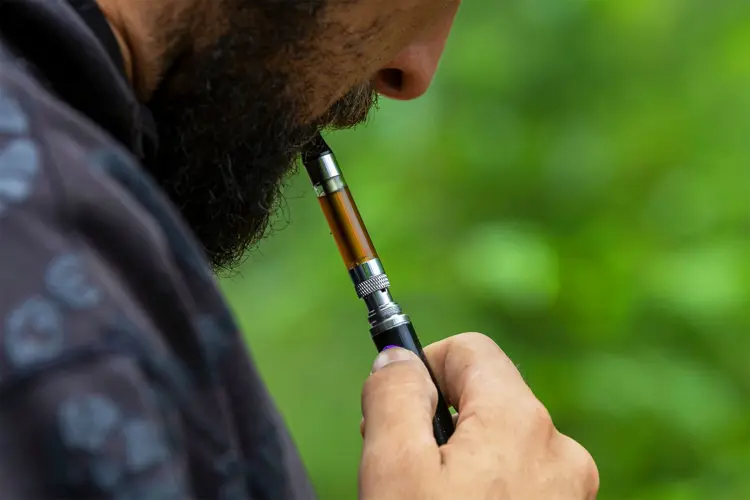
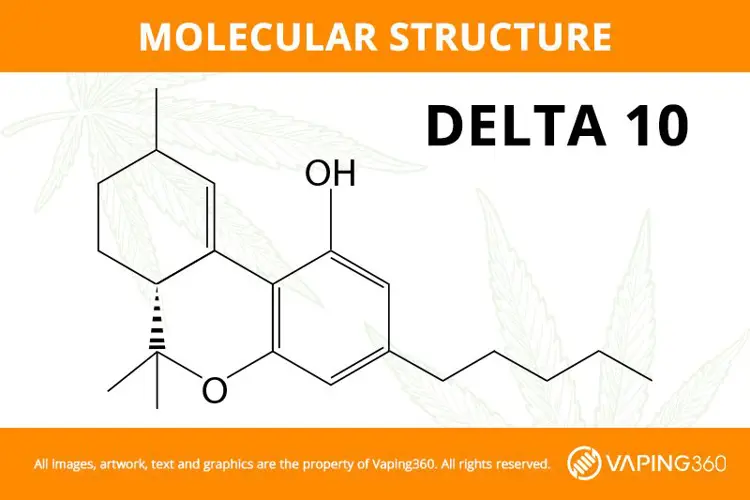
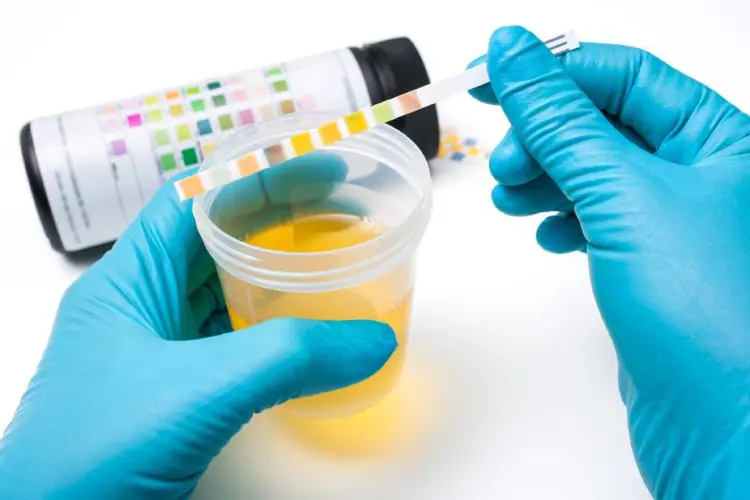
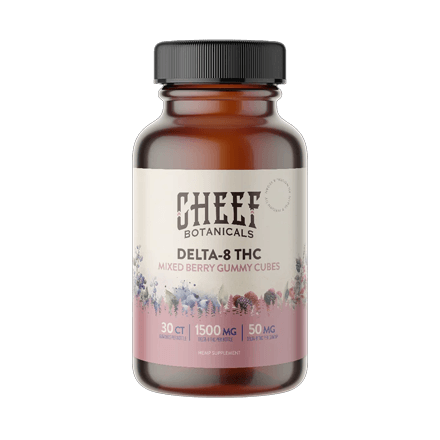

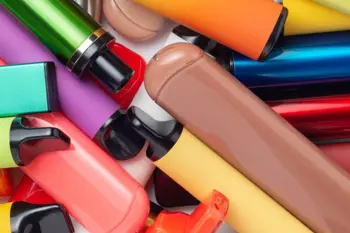




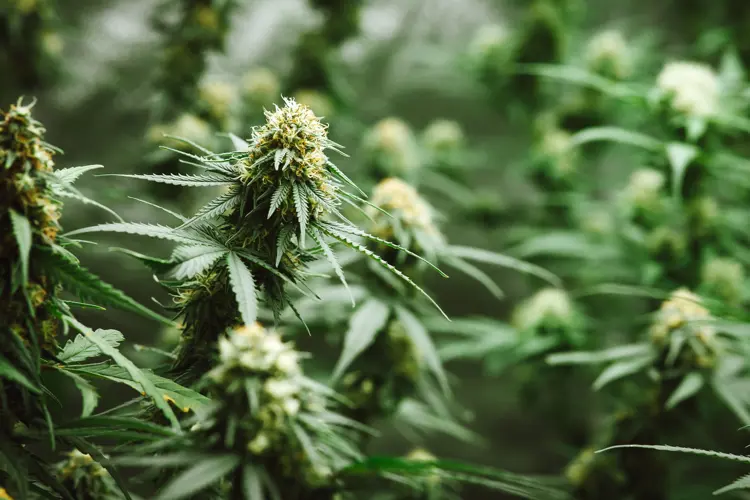
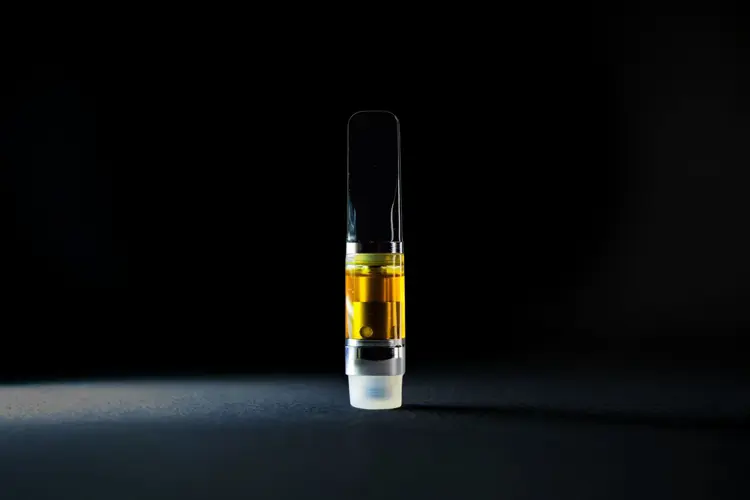
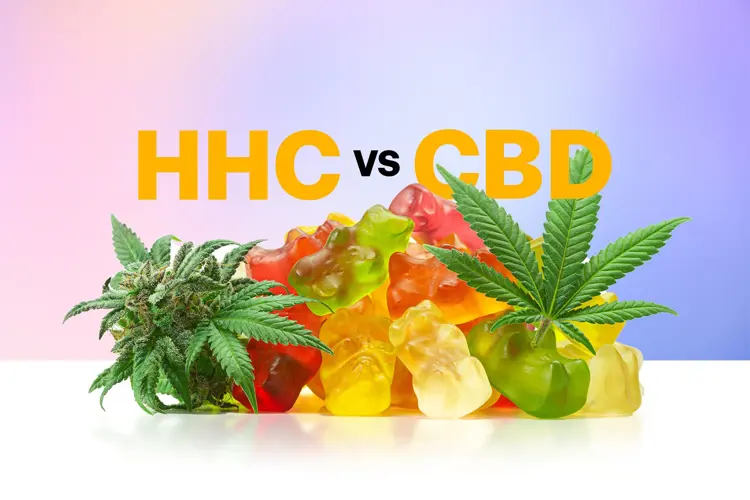
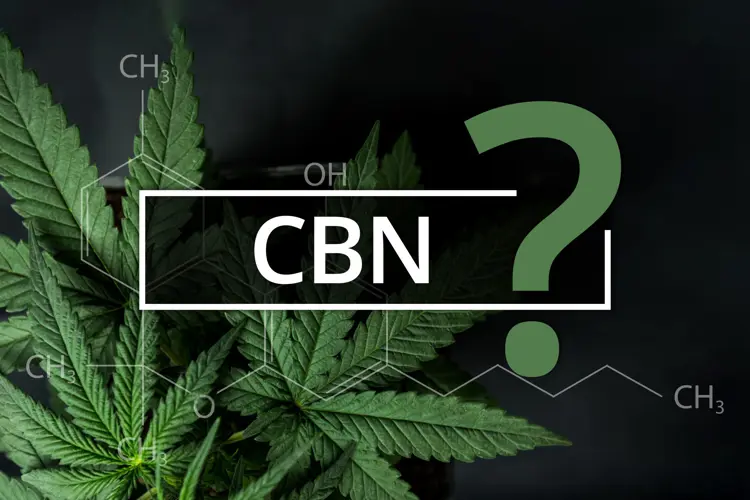
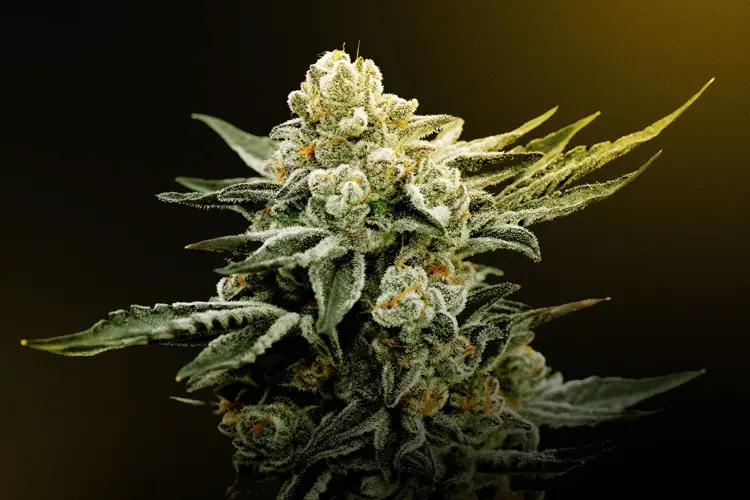
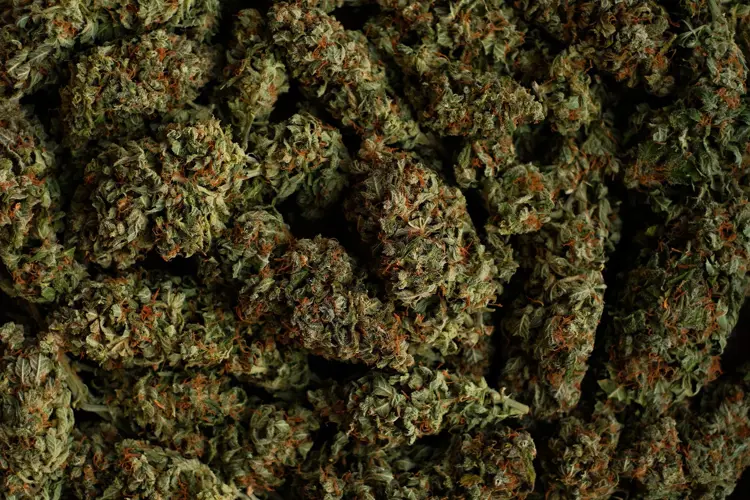
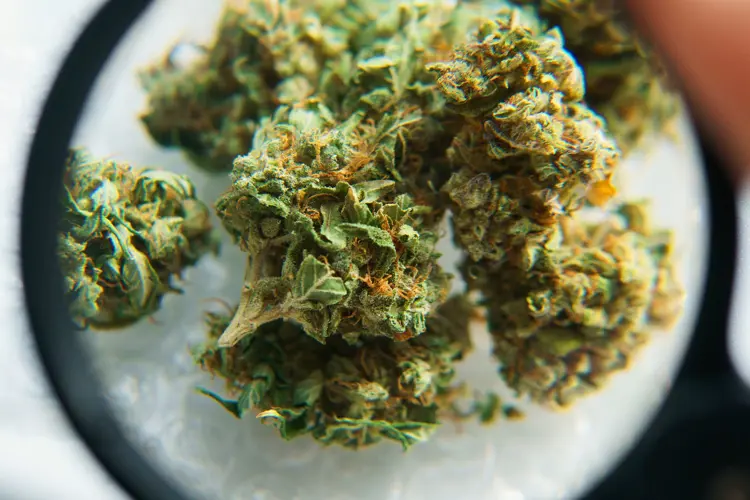
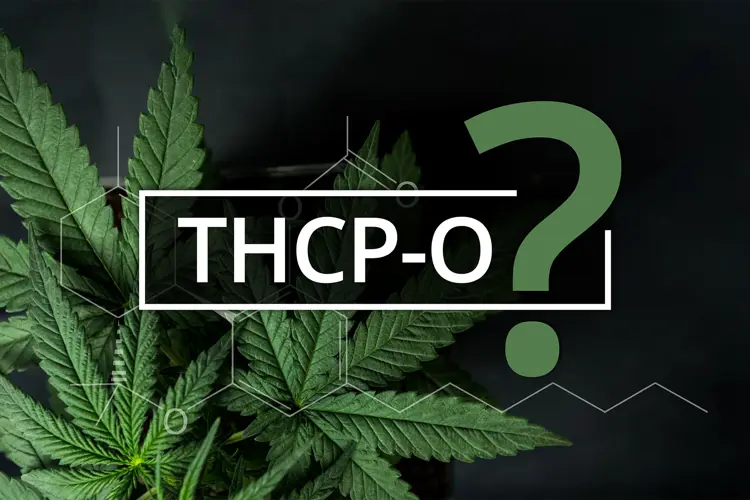
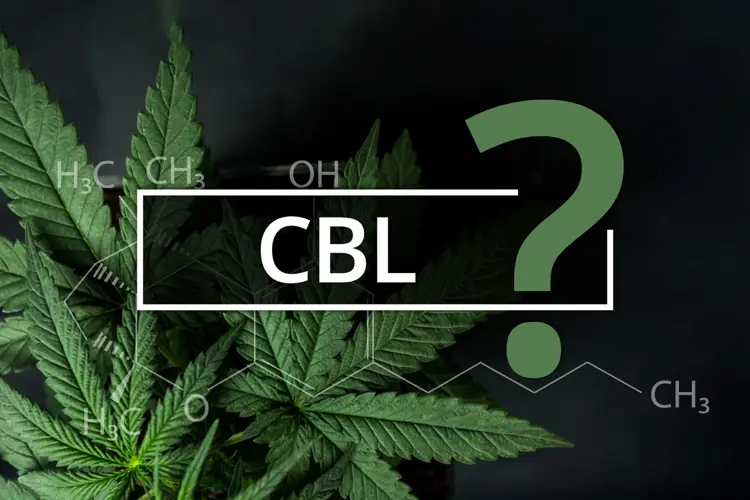
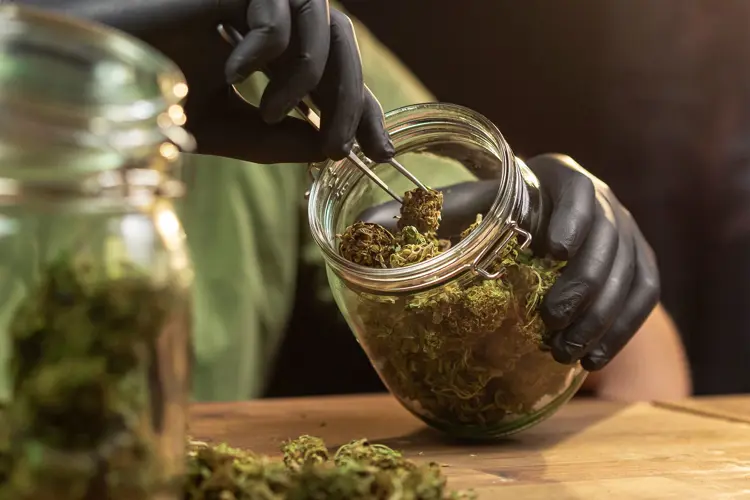
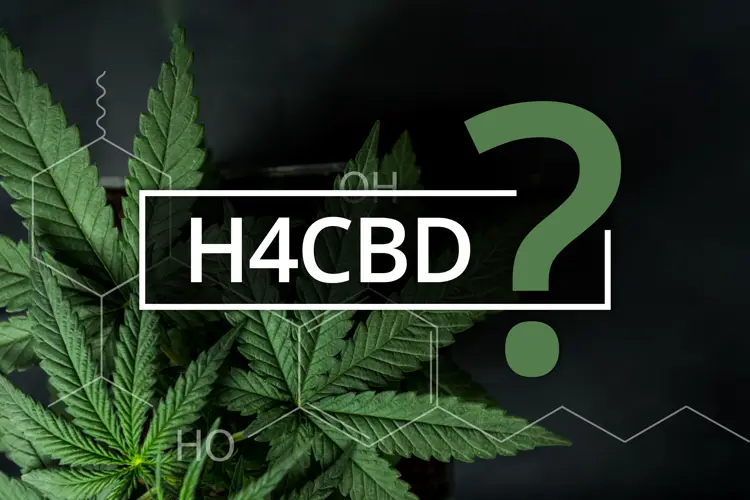
![Image for What Is THC-JD? Legality, Effects, Potency Explored [Update]](https://media.vaping360.com/images/what-is-thc-jd-thumbnail-20a40b517a.webp?imageType=Standard)
